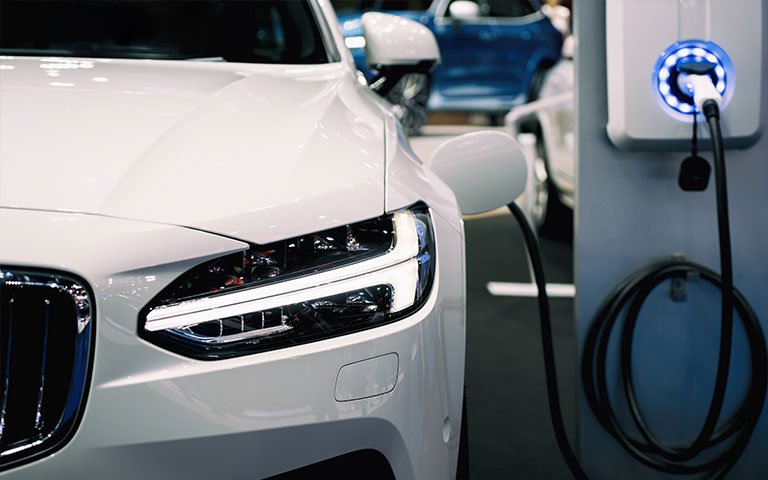Small or Large Car, Small or Large Battery?
As with the choice between a fully electric or plug-in hybrid vehicle, the ideal vehicle size and battery size depends on your transportation habits and your reality.
Small or Large Car?
Choosing a size according to your needs
According to the Chair in Energy Sector Management at HEC Montréal, since 2015, sales of light-duty trucks, which include SUVs, have surpassed those of cars in Québec.
In addition to costing more, these vehicles pollute more than cars.
Environmental Impacts
According to the International Energy Agency (IEA), light-duty trucks are the second largest source of increase in carbon dioxide emissions (CO2 ) in the world between 2010 and 2018.
The SUV has a greater environmental footprint than a car. If you go for the electric option to reduce your ecological impact, choose a model whose size corresponds to your actual needs.
Economic Impacts
In Canada, light-duty trucks cost an average of $10,000 more than a standard automobile. They also consume about 20% more gas than a car.
Whether it runs on electricity or gasoline, an SUV costs more to buy and drive than a car. If you choose to go electric in order to lower your costs, you should also note that the mechanical configuration of electric vehicles frees up a lot of interior space, which is why many cars offer both a roomier interior and greater cargo capacity. In addition, the superior winter handling of electric vehicles makes a costly and energy intensive "allwheel drive" unnecessary for most people.
Small or Large Battery ?
Full Battery Every Day
The battery is full every day thanks to home charging.
Daily travels are what defines the necessary range and therefore the ideal battery size.
More Affordable
Save money by choosing a model with a range that meets your daily needs.
If you choose a vehicle with a battery that is too large for your needs, you will be paying for kilometres of range that will never be used.
Evaluate Your Daily Travels
In this typical example, the driver can choose from several models with a range of 200 kilometres or more, thus saving several thousand dollars on the vehicle’s acquisition cost compared to models offering a greater range.
However, a person whose daily travels cover a lot more mileage should consider a model with a greater range. Greater savings on usage-related costs will quickly compensate for the higher cost of acquisition, which then becomes justified.


